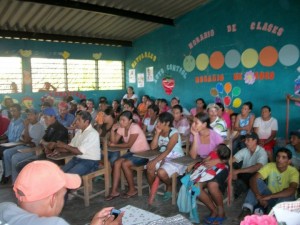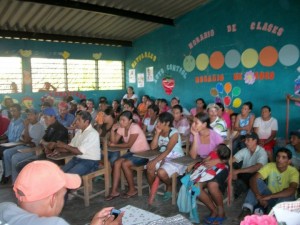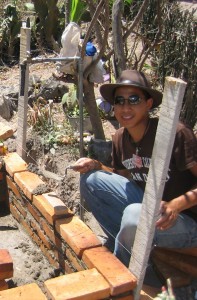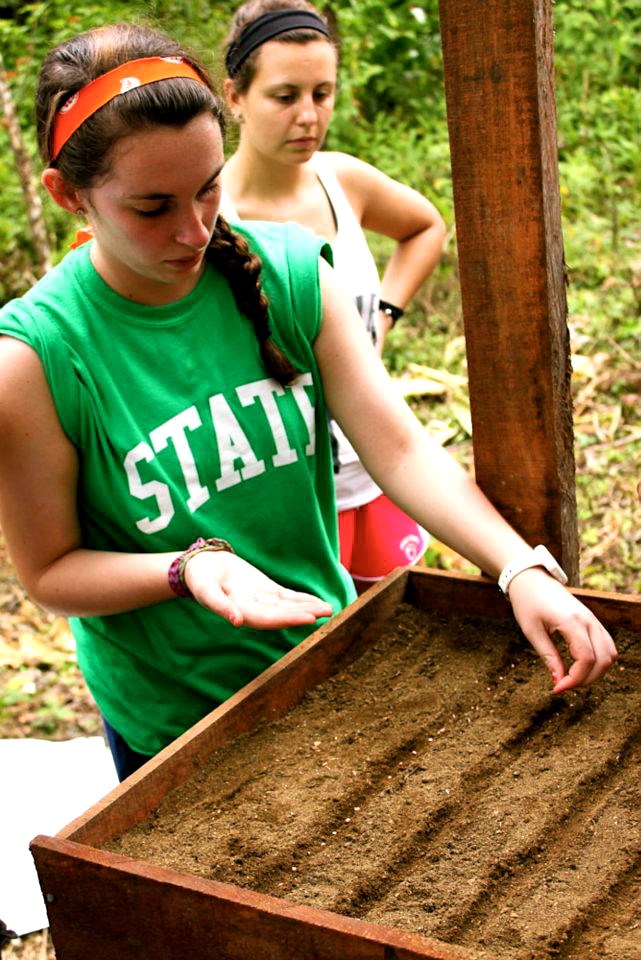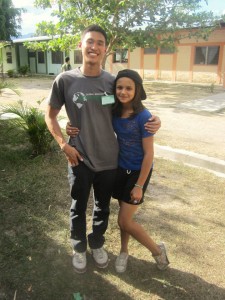The following article was written by Jonathan Lee, a Global Brigades Advisor Fellow. Jonathan’s piece is in response to an article he read discussing how many volunteer tourism organizations do not practice sustainable development models or empower local communities. How do you think Global Brigades is different from other organizations? How do we practice a sustainable model and holistic approach that empowers the communities we work with?
Here is the original article from the International Institute for Environment and Development, followed by Jonathan’s response:
Volunteer tourism defies recession but is this positive news for the South?
———————-
This article exposes a lot of valid arguments about volunteer tourism in a different light compared to how a majority of organizations showcase themselves, or perhaps even fail to recognize in the first place. There is truth in the profit-driven incentive to market these volunteering programs to be as tourist-friendly as possible to appeal to a larger (and growing, evidently) audience. For those forking out the hundreds to thousands of dollars as a humanitarian investment, much of that money sadly does not reach the actual community being “helped.” And as disheartening as it is true, I myself also have witnessed a number of volunteers who have entered this recently-flourished arena of volunteer tourism with the “do-good, feel-good” mentality mainly for their own benefit. I agree that mandatory pre-acceptance interviews coupled with pre-departure training are absolutely crucial in filtering out vacation seekers who would contribute little to or perhaps even deter progress of the increasingly complex issues of international development.
The question to me then becomes, how do we set a golden standard or approach in painting an uncensored picture of the real and often times dire situation? Are we truly capable of effectively marketing and attracting the individuals who genuinely wish to make a positive and significant impact on our world? Are there general and/or specific methodologies to follow in order to understand the real health, financial, or environmental needs of these impoverished communities? As for the pre-departure training of the volunteers, what important background, knowledge and culturally-sensitive rules must they learn for preparations to be considered adequate? I think that the answers to those questions (and much more) lie not in any single book or reference, but instead revolve around the nature of the need of that particular community, its inhabitants, native culture, geographic location, current financial situation, available natural resources, the mission statement of the organization, and the background of the volunteers involved – just to name a few! Often times in both the past and recent, I feel that organizations of all sizes and goals have had a predetermined set of to-do’s or responses for a number of international aid situations. There always seem to be quick fixes for larger problems with much deeper roots than one realizes, but there also seems to be a lack of sustainable, preventive measures taken to truly take into account all of the natural as well as human-induced processes which have given the spotlight to the issues we face today.
-Jonathan Lee

